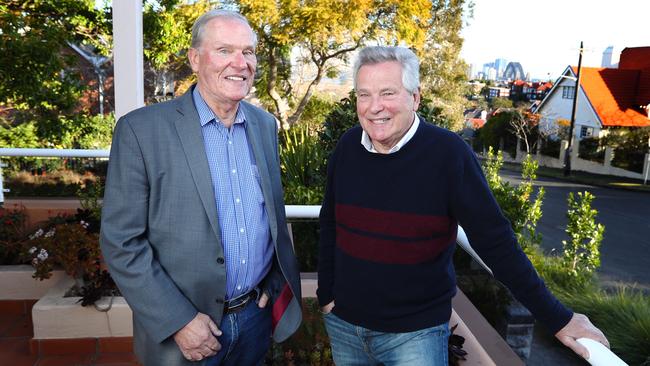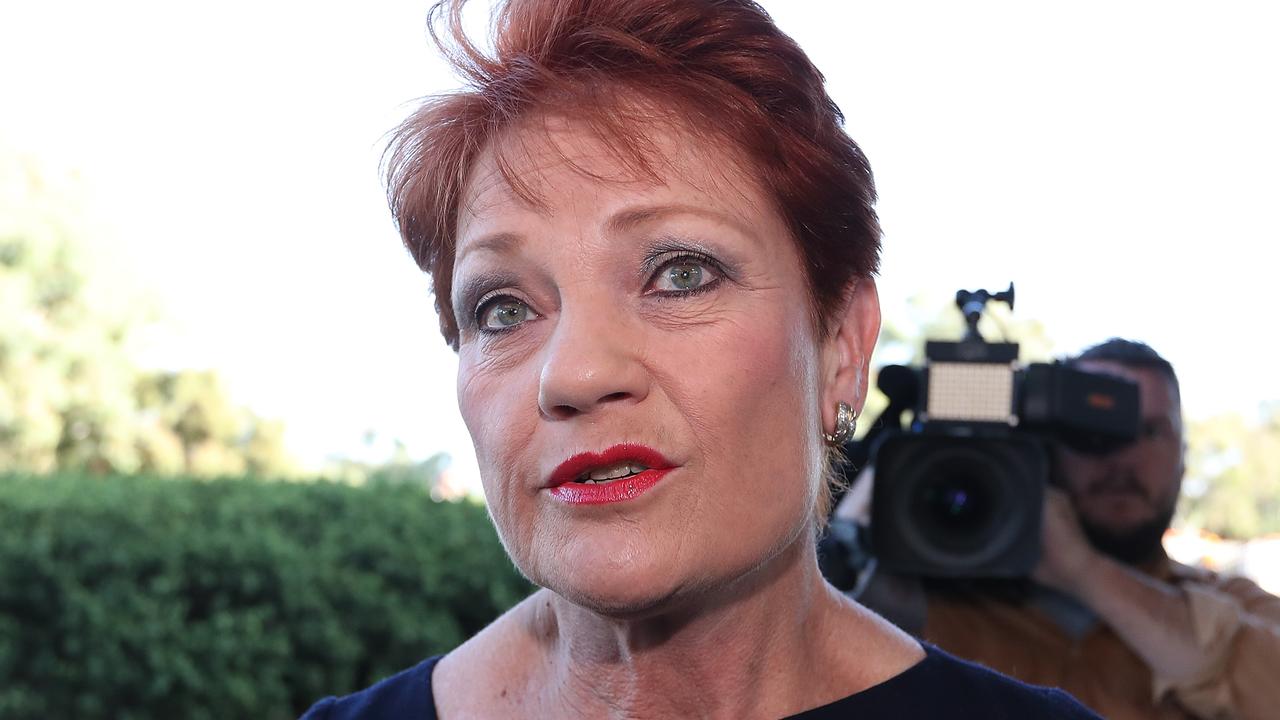Migrant twins recall a simpler time in Australia of the 1950s
For post-war migrants, Australia was remarkably different to the one experienced by those arriving in the latest population boom.

For the “populate or perish” generation of post-war migrants, the Australia of yesteryear was remarkably different from the one being experienced by those arriving in the latest population boom.
Twins David and Tim Bell, 72, who grew up in the northwestern Sydney suburb of Epping in the 1950s, fondly remember a “simpler time” of walking to school in bare feet along dirt roads lined with orchards and lush paddocks.
The first-generation Australians, whose parents arrived from England in 1939, said a key difference in post-war Australia was the British Empire was “still king”.
“I remember singing Land of Hope and Glory in assembly,” Tim said. “We even did the maypole dance at school and had crackers on bonfire night.”
David said: “In those days we had ice, bread and groceries delivered. We didn’t go shopping like we do today.
“The social hub was where you lived.”
Asked whether they noticed being a part of the biggest population spike in Australian history, the brothers said their local high school stopped taking girls in 1958 to accommodate a rising student population. “There was definitely a surge in kids,” Tim said. “When we were 15, there were eight classes in each year, with 48 in a class.”
The brothers, who went on to carve out careers in aviation and engineering respectively, said the youth of today were “much more worldly and flexible”.
“We always knew what we wanted to do,” David said.
“Kids these days have many more careers.”
The babyboomers said that with a swelling population, the government needed to urgently develop its population policy. “We are a nation of immigrants, our parents were immigrants and we are first-generation Australians,” Tim said. “But I think with the recent rapid increase, a lot of Australians are concerned about their decreasing quality of life.
“While what they’re coming to is probably better for them, we’re actually noticing our standard of living going down.”
Tim said while he was “for immigration”, he didn’t believe current rates were sustainable. He said the current rate of development of infrastructure in NSW was “too slow”, but post-war migrants were “part of a natural growth” that helped develop an undeveloped Australia.
While the brothers lamented the modern loss of simplicity and sense of community, David liked Facebook and having the ability to work from home, and both felt sorry for younger generations who had to contend with worries such as terrorism, and the challenge of saving for a house deposit.


